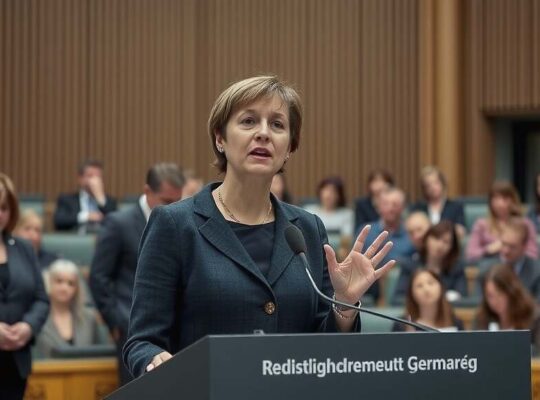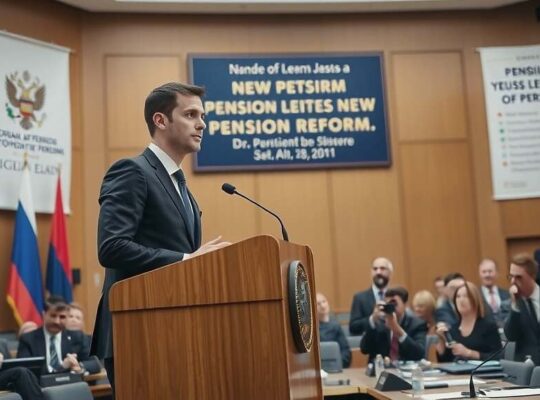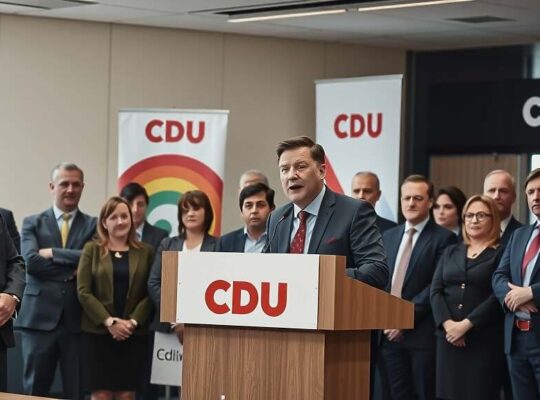A leading German economic advisor is proposing a controversial crisis levy targeting the nation’s top seven percent of earners, arguing it’s necessary to avert drastic social welfare cuts amid a looming budget shortfall. Achim Truger, a member of the Council of Economic Experts, believes the levy, specifically earmarked for crisis management and defense spending, offers a viable alternative to austerity measures.
The proposal emerges as the German government faces a projected budget deficit of approximately €200 billion by 2029, largely driven by increased military expenditures and reductions in corporate taxes. Truger warns that addressing this gap through social spending cuts would constitute a “social dismantling” of vital programs.
The suggestion surpasses the Council’s previous recommendation to impose a heavier tax burden on wealthy heirs, a measure intended to level the playing field in inheritance taxation. This aspect of the debate has already fueled internal conflict within the Council, with member Veronika Grimm voicing dissent in a minority opinion, labeling the discussion “reckless.
Truger staunchly defended his proposal, criticizing what he perceived as undue deference to family-owned businesses. He highlighted a perceived imbalance, where significant business assets are often taxed at disproportionately low rates, or not at all. “Someone inheriting €150,000 might pay more tax than someone who inherits a company worth billions” he stated, emphasizing a systemic issue of inequitable taxation.
The economist further argued that the interests of wealthier individuals are overrepresented within the political landscape. “We should limit the power of the wealthy in Germany” Truger asserted, signaling a broader critique of economic and political power dynamics. His call for a crisis levy and a reassessment of wealth taxation is expected to reignite a contentious national debate about economic fairness and the responsibility of high earners in safeguarding social protections during times of fiscal challenge.












